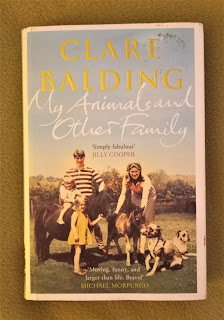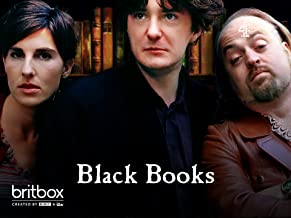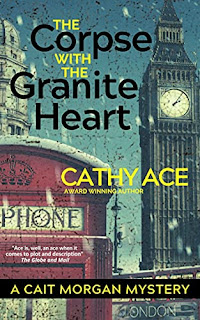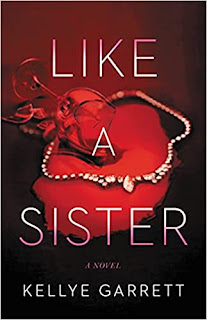Which side of the fence are you most comfortable writing from, the good, the bad, or the ugly? Do you consider one side or the other more marketable?
by Abir
Now this is a good question! It’s one that is making me think, and as you know, I’m not the sort of person who likes doing that.
My first four books in the Wyndham and Banerjee series are all written in the first person, from Captain Sam Wyndham’s point of view. Book five, The Shadows of Men, while again written in the first person, is told from both Sam and Suren Banerjee’s perspectives. These guys are ostensibly the heroes of my novels. I say ‘ostensibly’ because they sometimes make rather dubious moral calls, and at other times are rather useless. Having said that, their hearts are always in the right place.
The book I’m currently writing, a stand-alone thriller, is written in the third person, from three different points of view, but while at least one of them could be seen as the bad guy, again all three are good people.
Even in my short fiction, while a few are written from the perspective of the villain (my short stories all seem to focus on women trying to murder their husbands, I’m not sure why), these women aren’t evil. If anything they’re long suffering ladies who deserve better.
If I’m being honest, there's a dearth of truly evil characters in my books. My villains tend to be rather genteel. I’ve never written about serial killers or rapists or sex offenders or sadists. The deaths in my novels tend to be sanitised. They certainly aren’t gruesome - at least not by the standards of much of crime fiction - and while there is one occasion where a man is rather horrifically killed by an elephant, I only put it in because it was historically accurate (death by elephant was the penalty reserved for regicide in certain parts of princely India).
Getting back to the issue, I think I do have a problem writing really bad and really ugly. They say ‘write what you know’ and the truth of the matter is that I have never known ‘really bad’ or ‘really ugly’. I suppose I could imagine it, but probably not as well as others, and part of me is rather scared of going down that route. There are passages in my current stand-alone which are darker than anything I’ve written to date, and my wife, when reading those passages, has commented that she’s worried about what goes through my head (I’m guessing this is a common refrain amongst the spouses of crime fiction authors), but it’s still something that worries me.
There’s also the fact that real evil – in the sense of psychopathy – or cruel violence, are not things that I particularly wish to write about. I like to think that my writing is fuelled by issues which anger me. I’m not into providing cheap thrills or violence for the sake of it. I’d much rather discuss other issues in my books; but that’s just me. I feel other writers, with different backgrounds and different insights, are much better positioned to tackle such things.
Looking at it on a more general level, I think you can write from any perspective you choose to, but if you want to take a large number of readers with you on a 400 page journey, then even if you’re writing from an ‘evil’ character’s perspective, that character needs to have traits that your audience can relate to. Similarly, a good character who’s too good is a turn off. We root for flawed characters, characters with weaknesses, because most of us (not me, obviously) are flawed. The keys to characterisation, I think, are relatability and depth. If you have these then I think your readers are more than willing to follow the exploits of an evil character.
I’m currently reading a book where one of the narratives is told from the point of view of a psychopathic serial killer. It’s the only narrative which is told in the first person, and it works because we get a view inside the killer’s head. We learn about his fears and what drives him. This is really important because when we learn what a person is thinking, even when they’re a serial killer, we can, to a degree, understand them and empathise. That book is The Accomplice, by Steve Cavanagh, and it’s a brilliant thriller, partly because of Steve’s ability to portray both the flawed heroes and the darkest villains in a way that readers can understand.
So, long story, short. While I’m most comfortable writing about the good guys, some of the most interesting characters, and some of the best books, focus on the bad guys. The important thing is to make your characters truly three dimensional and, on some level, relatable. And to paraphrase that great American philosopher, Billy Joel, we can both laugh with the sinners and cry with the saints - as long as they entertain us.

















%20(1).png)


.png)














